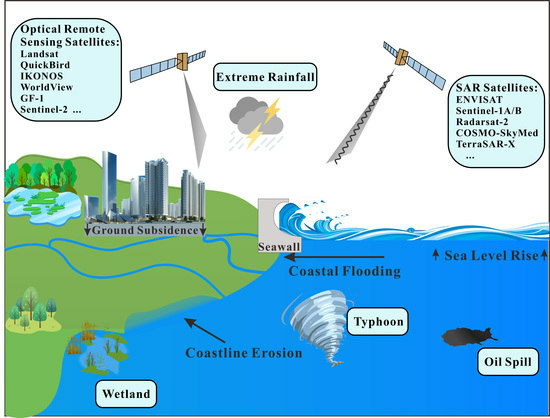Sky Kurtz farms in the desert. The co-founder and CEO of Pure Harvest Smart Farms—located outside Abu Dhabi, where temperatures regularly exceed 113°F—and his team use the challenging environment to test new crops and technologies that have the potential to transform agriculture in climate-challenged areas. Pure Harvest also supplies produce to supermarkets and restaurants in Dubai and across the region using less water, which is important in one of the world’s driest regions.
Kurtz founded Pure Harvest Smart Farms in 2017 with his co-founders Mahmoud Adi and Robert Kupstas. Passionate about food insecurity, they spent their first year studying high-tech food production systems around the world, as well as searching for the optimal location for their first farm.
Sky Kurtz of Pure Harvest Smart Farms
Kurtz Farms in the United Arab Emirates started with “nothing but a PowerPoint, a pile of dirt and a promise of what we were going to do,” says Kurtz. But Pure Harvest quickly proved it was built on more than promise. The founders’ research and technological innovation led to the development of a proprietary system of Controlled Environmental Agriculture (CEA)—a combination of high-tech greenhouses and vertical farms that provides a stable year-round climate. The first tomato crop was planted in August 2018 and harvested in October. The company’s original farm is now its research and development facility, and Pure Harvest has expanded its facilities in the UAE to 16 hectares of growing area. It also operates a 6 hectare farm in Saudi Arabia and is developing a 6 hectare farm in Kuwait.
It now produces 14 types of leafy vegetables; two varieties of strawberries, and seven more are under development; and almost 30 varieties of tomatoes, the product that started it all. With limited availability of local, seasonal produce, the UAE typically imports most of its food, often by air, which comes at a high cost, both economically and environmentally. And while they are more expensive compared to locally grown seasonal produce, the company says their fruit and vegetables are typically up to 60% cheaper than airlifted imports of comparable quality. “I think we’ve fundamentally changed the belief system that local is worse,” says Kurtz.
Their vision fits with the wider goal of making Dubai more self-sufficient, and they are keen to use their research and development to help address the impact climate change is already having on the food industry in the Gulf region and beyond. The focus is not only on growth for premium markets, but also on developing affordable solutions that help democratize access to fresh food.
Kurtz hopes the company’s data-driven technology can become a model for other regions experiencing climate stress. “We believe we can develop a solution locally for local where it is most needed, and we have battle-tested this capability in one of the harshest environments in the world,” he says.



